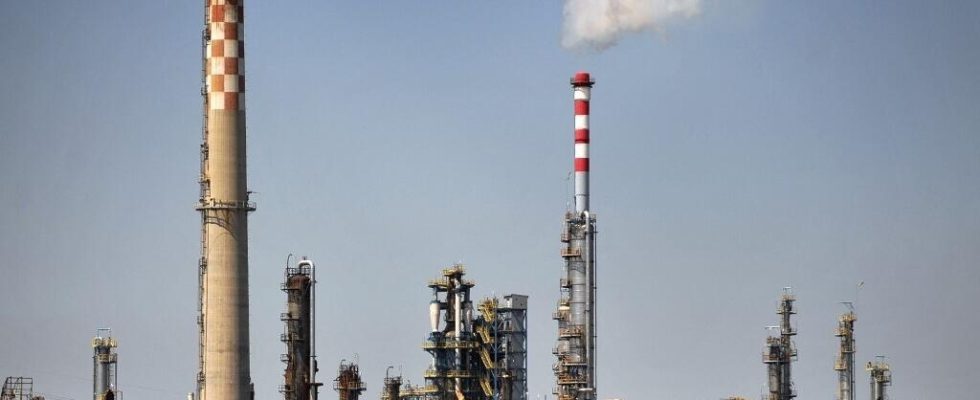This Wednesday, November 22, the Swiss government authorized the export of carbon dioxide (CO2), the main greenhouse gas linked to human activity, with a view to storing it in the seabed abroad from 2024.
2 mins
“ From 2024, it will be possible to export CO2 abroad to store it in the seabed », indicated, Wednesday November 22, the Swiss Federal Council in a press release. Aiming to stop global warming, CO2 capture and storage (CCS) technology consists of capturing carbon dioxide emissions at the outlet of factory chimneys and sequestering, after liquefaction, this carbon in geological reservoirs.
Storage “ unavoidable »
“ Permanent storage of CO2 is essential as part of climate policy to achieve international and national climate objectives », added the Swiss government. This emphasizes that the London Protocol to the 1972 Convention on the Prevention of Marine Pollution by Dumping of Wastes and Other Matter prohibits any export of waste for disposal at sea but that a amendment made in 2009 created an exception for CO2.
When signing the Paris climate agreement, Switzerland committed to halving its greenhouse gas emissions by 2030 compared to their 1990 level, setting a target of long term a reduction in greenhouse gas emissions of 70 to 85% by 2050. But it then decided in August 2019 to revise this objective upwards, aiming for carbon neutrality from 2050. This objective says of “net zero” is anchored in the “law on climate and innovation” which the Swiss population approved during a popular vote on June 18 with 59.1% “yes”.
Prolongation of fossil fuels?
Complex and expensive, CCS technology is considered necessary by experts from the Intergovernmental Panel on Climate Change (IPCC) and the International Energy Agency, to stop the rise in the thermometer, whatever the rate at which the world manages to reduce its greenhouse gas emissions. However, some environmental advocates are concerned that such a tool will serve as a reason to prolong the exploitation of fossil fuels, divert valuable investments from renewable energies or still present risks of leakage. Currently, several dozen CCS projects exist around the world.
(With AFP)
Read alsoEnvironment: in two years, Swiss glaciers have lost 10% of their mass
